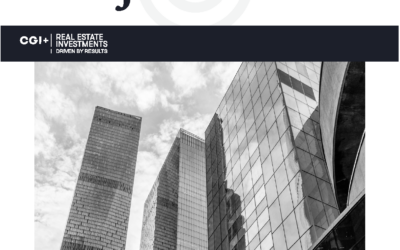CGI Strategies is the latest developer to climb aboard the Koreatown express.
The Woodland Hills-based real estate company filed plans for a 122-unit mixed-use development on the corner of South Mariposa Avenue and West 3rd Street, according to city documents. The 127,585-complex will comprise four live-work units and 4,630 square feet of commercial space.
CGI will have to raze a postpartum medical care facility on the 0.7-acre site, at 255 to 265 South Mariposa Avenue, to make way for the project. The center, called Zette Postpartum, encompasses five structures, including an office building, auditorium and medical center.
CGI acquired the property for $6.15 million in September 2015, according to CoStar.
As part of the project’s environmental review, the firm has requested a 67.5 percent density bonus. CGI initially filed plans for the project in May.
Under founder and CEO Gidi Cohen, CGI recently made headlines when it proposed converting Hollywood’s Villa Carlotta from rent-regulated apartments to a boutique hotel. After the Hollywood United Neighborhood Council voted against CGI’s plans in July, however, the developer announced that it would withdraw the proposal altogether. The fate of the 1926-built structure remains uncertain.
CGI is also active on the East Coast, having filed plans earlier this month for a 73-unit apartment complex in the Brooklyn neighborhood of South Slope. Last year, the firm sold a garage in Hell’s Kitchen for $17.8 million.

